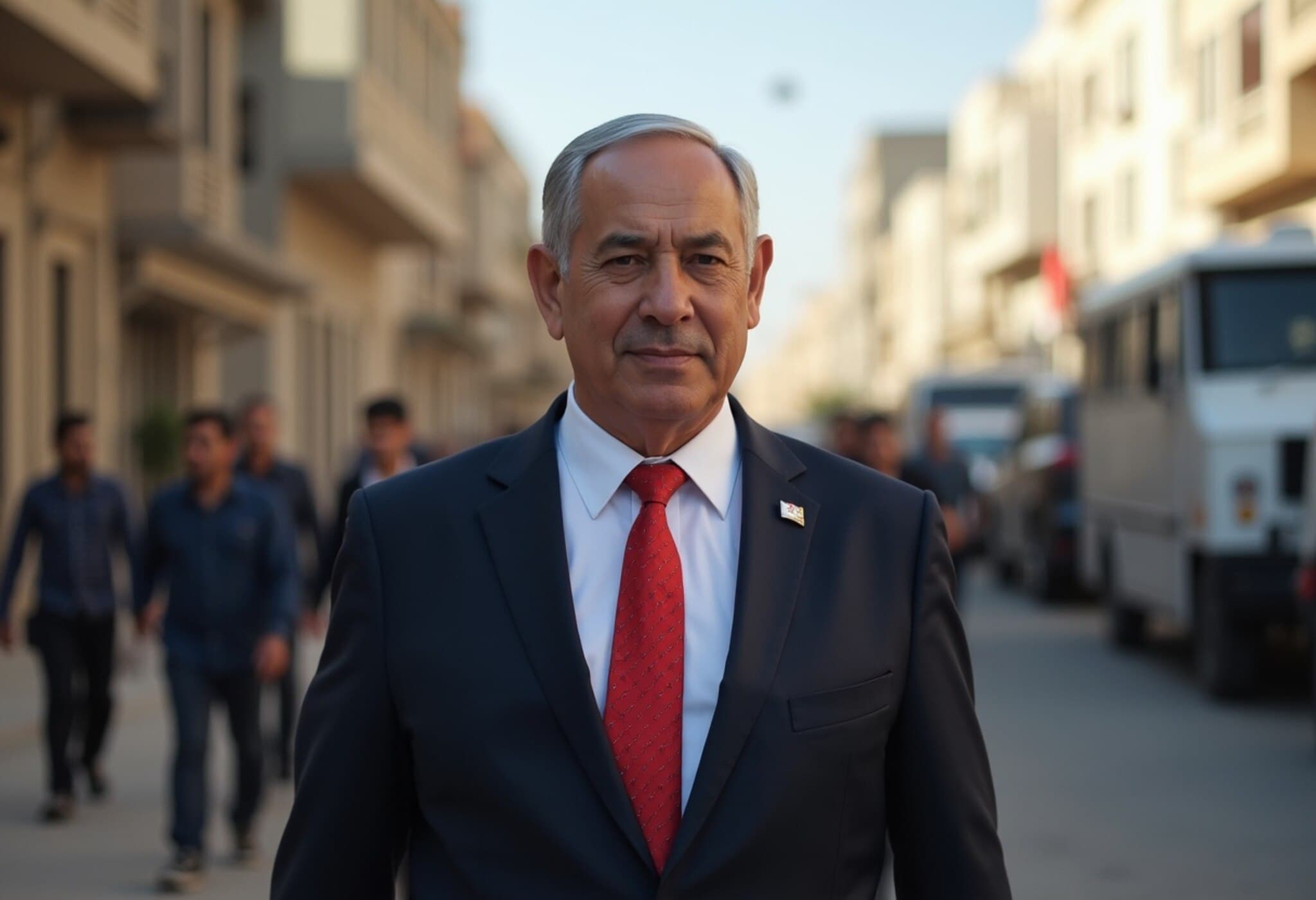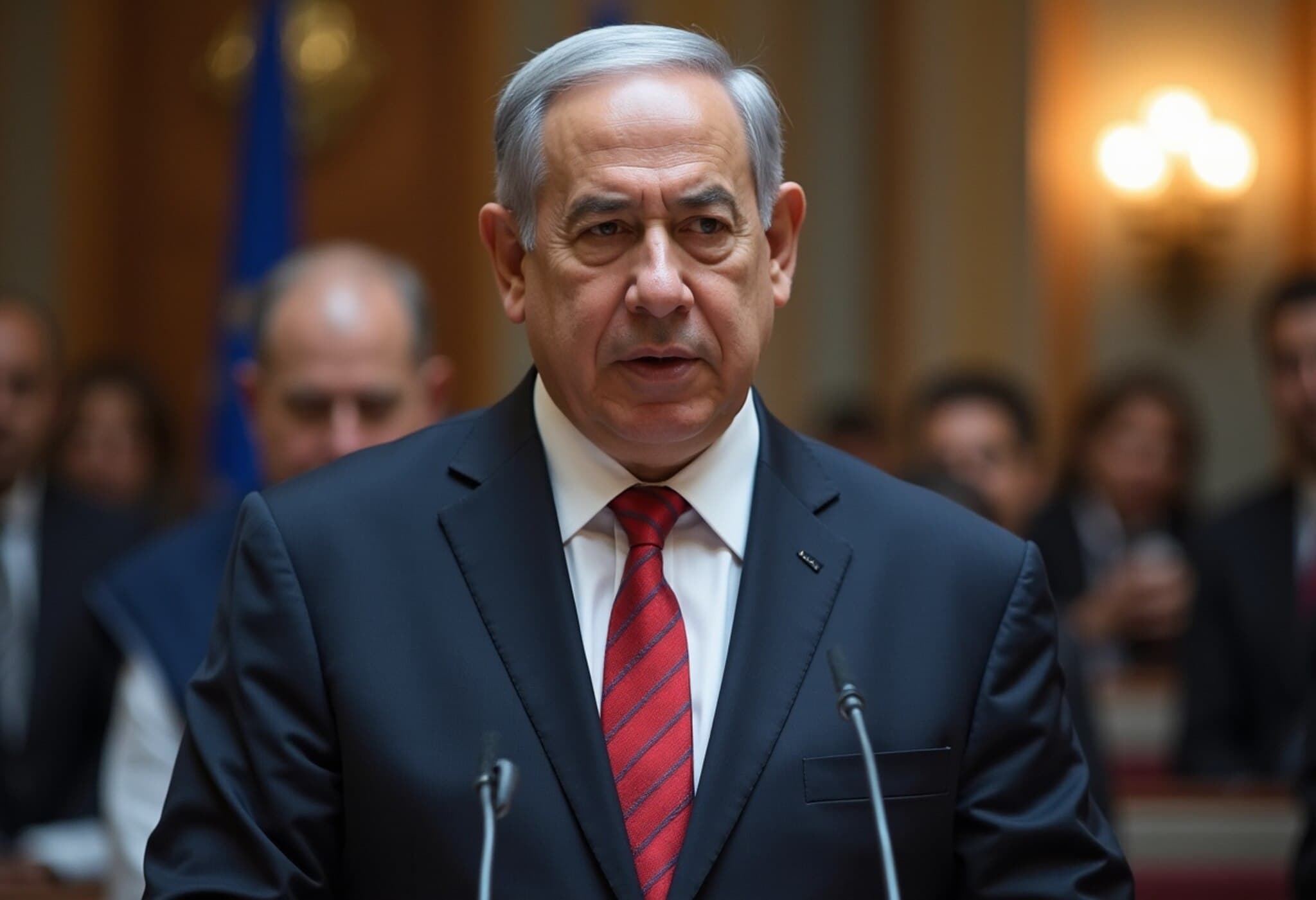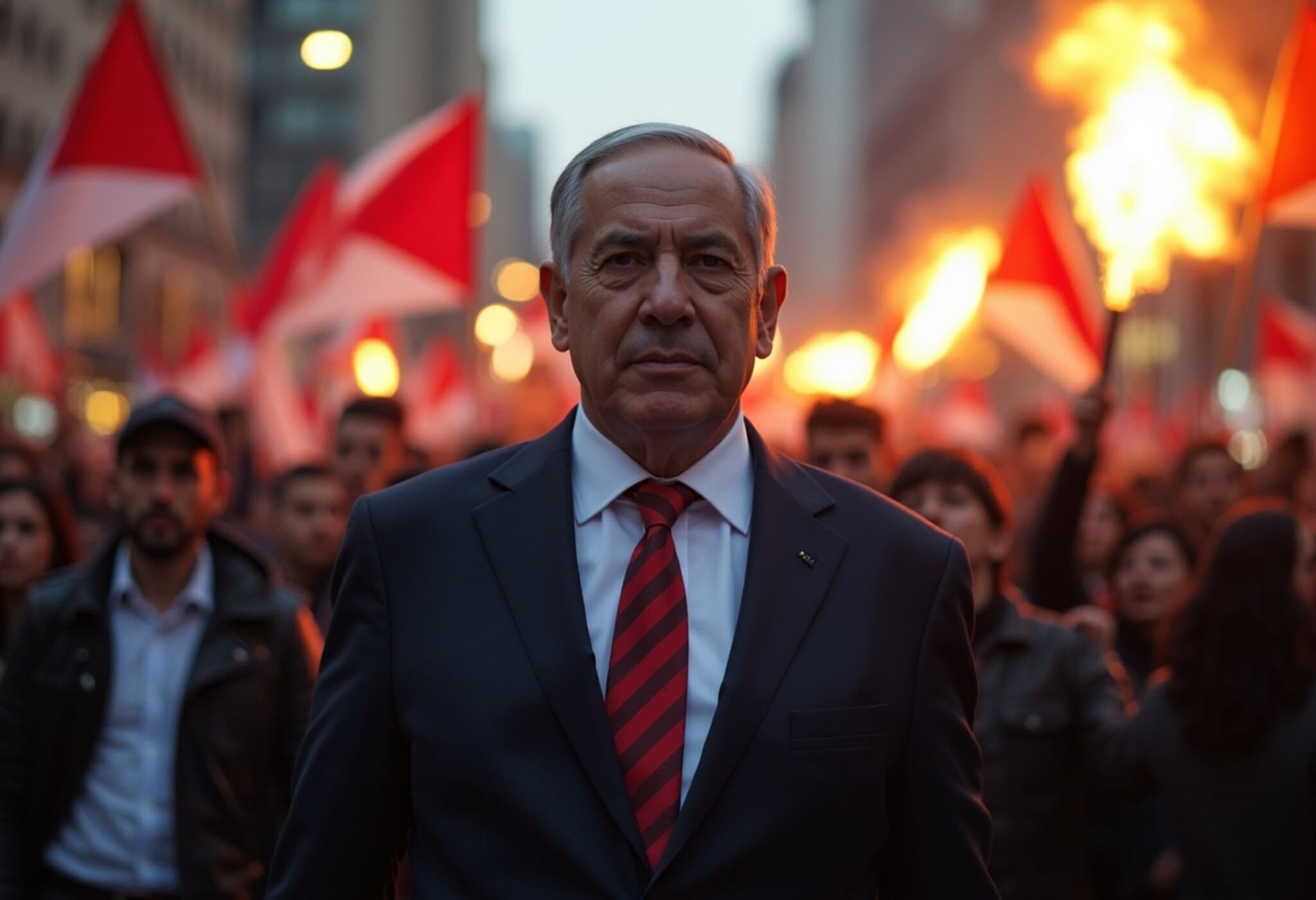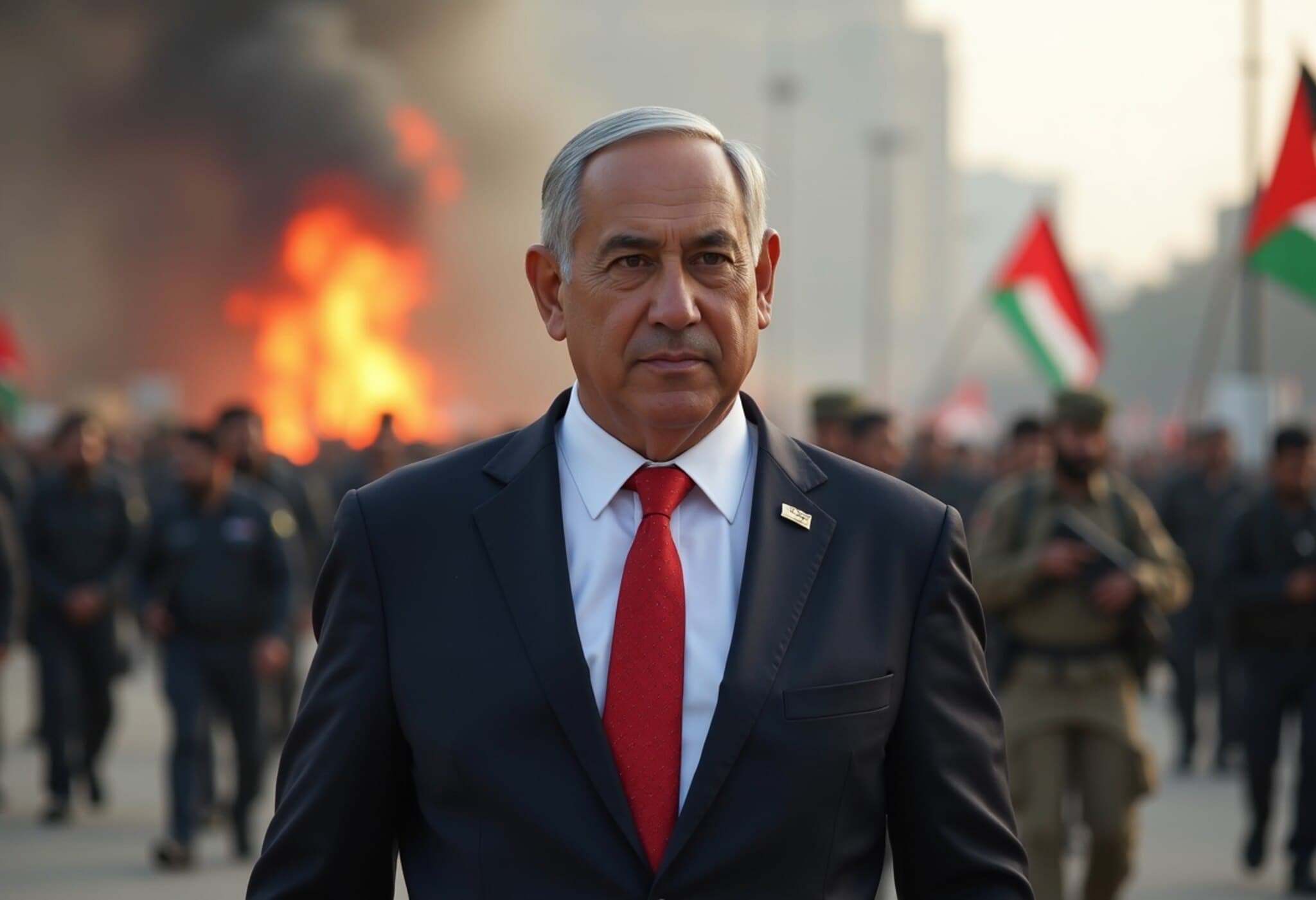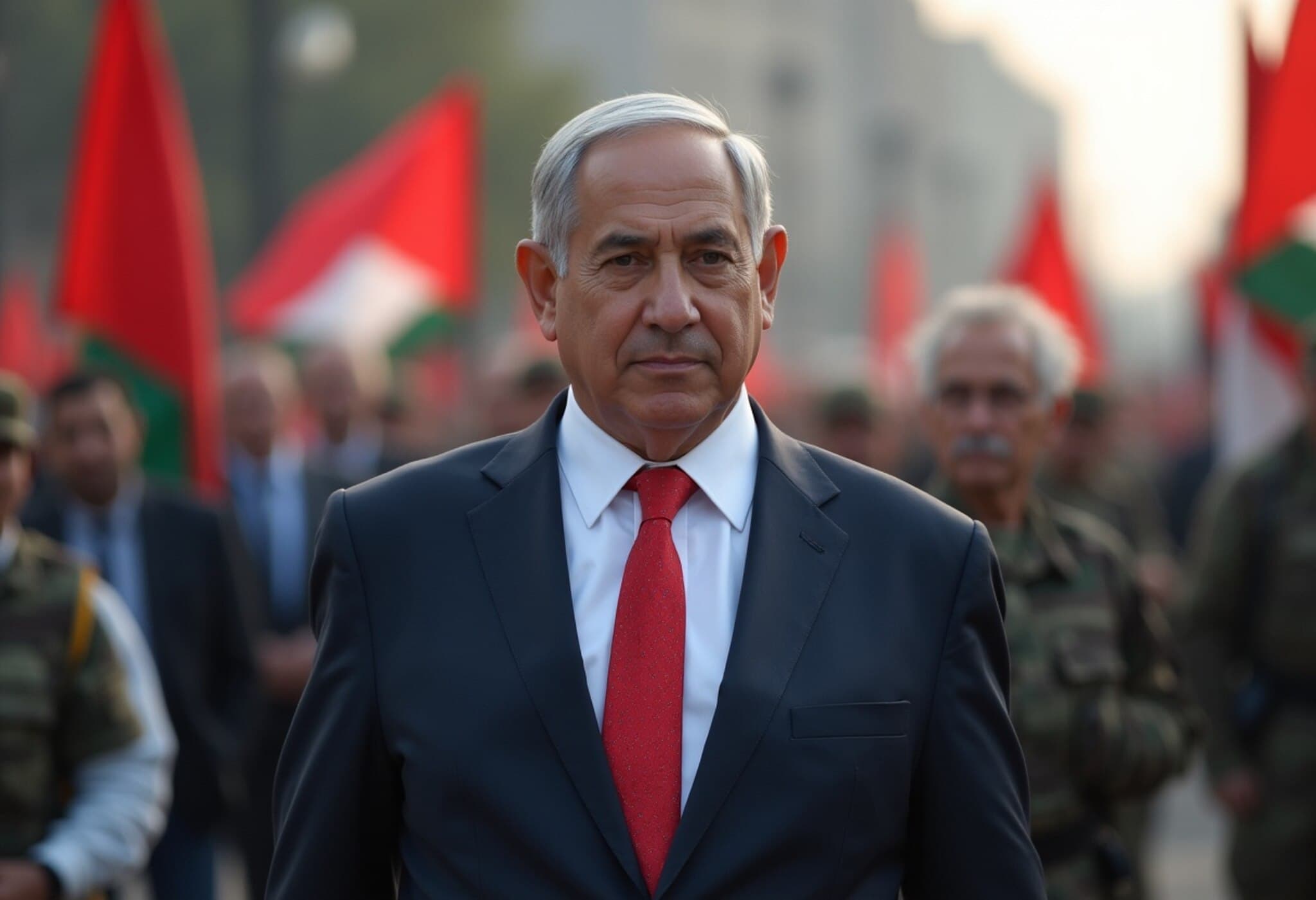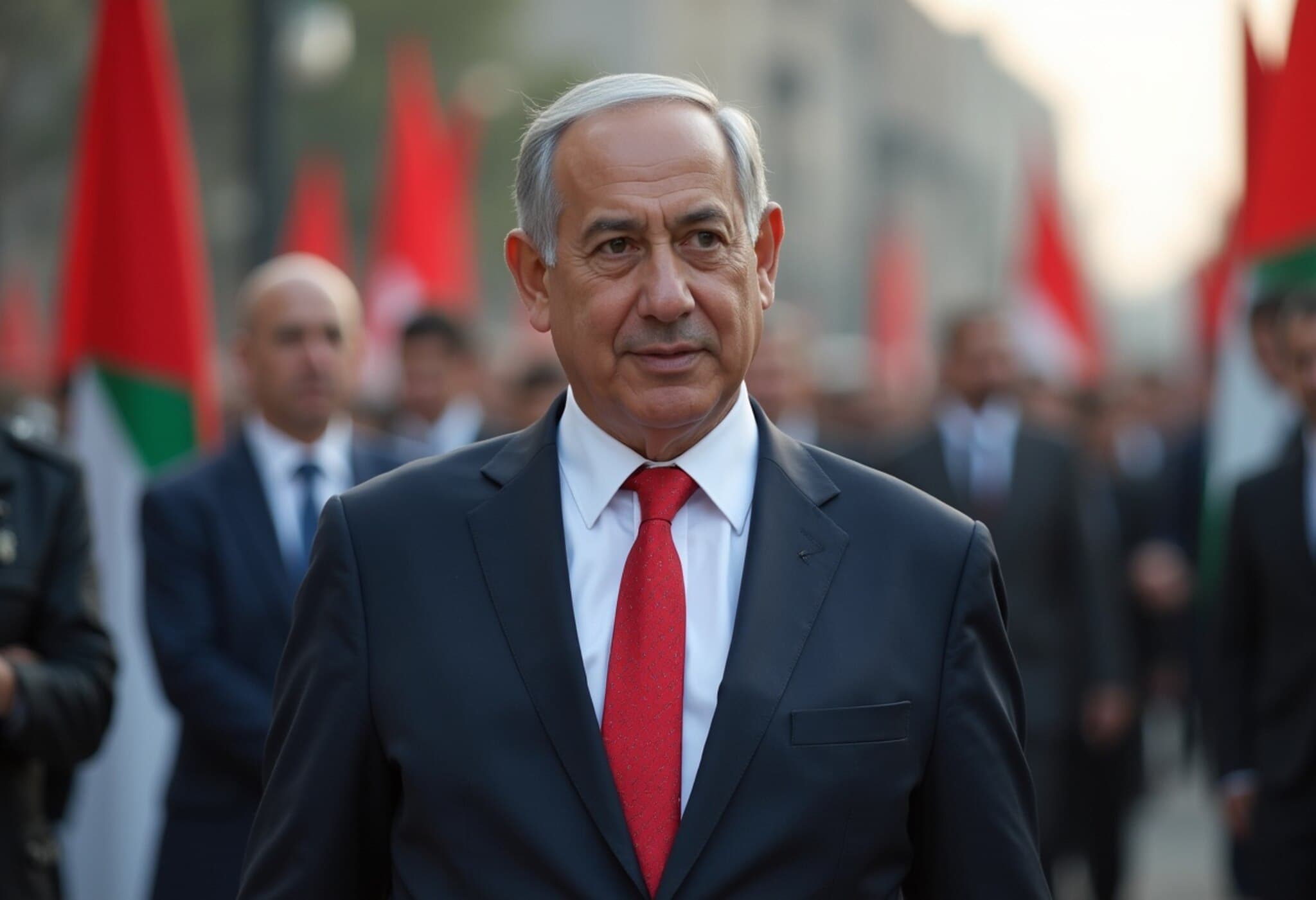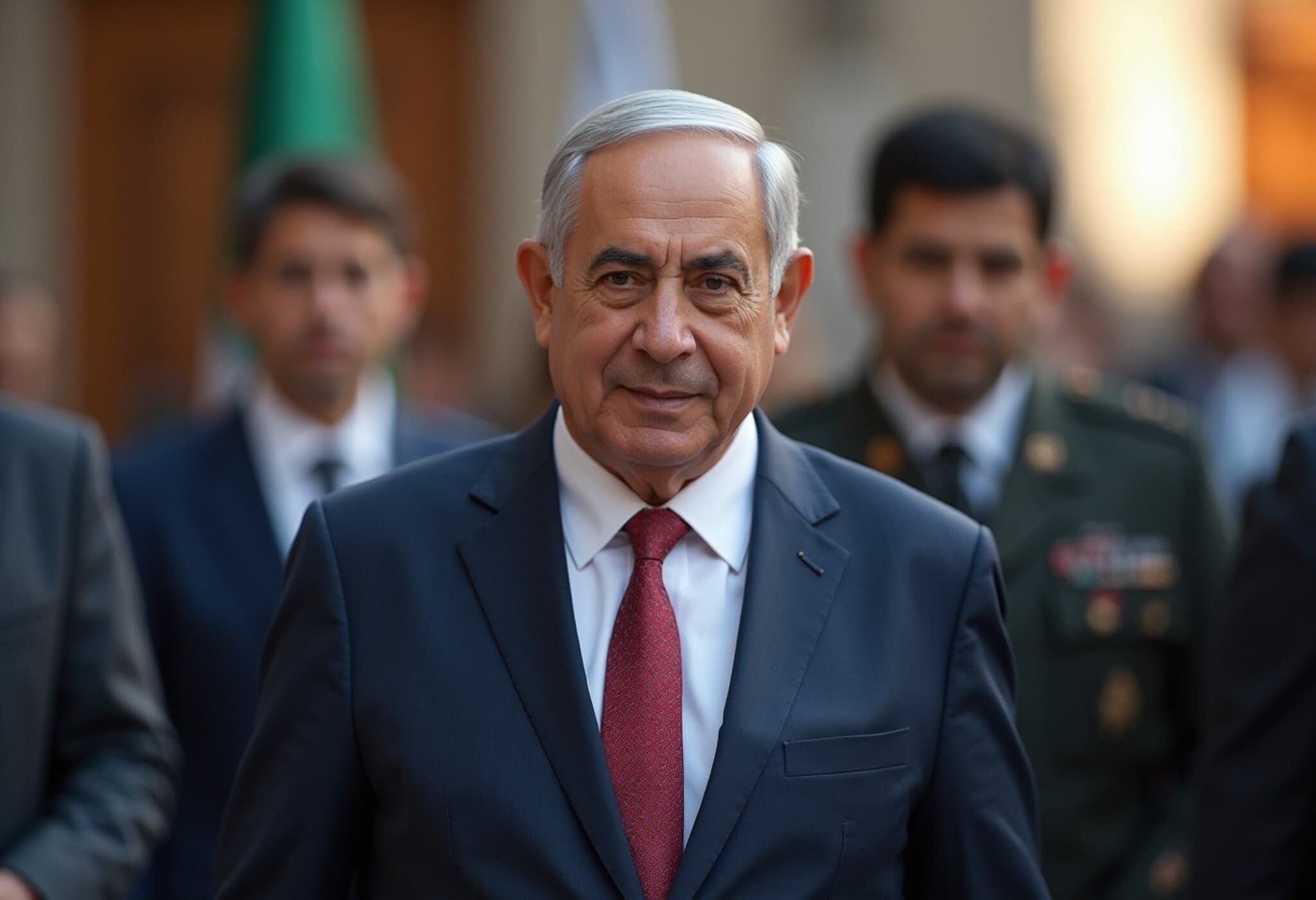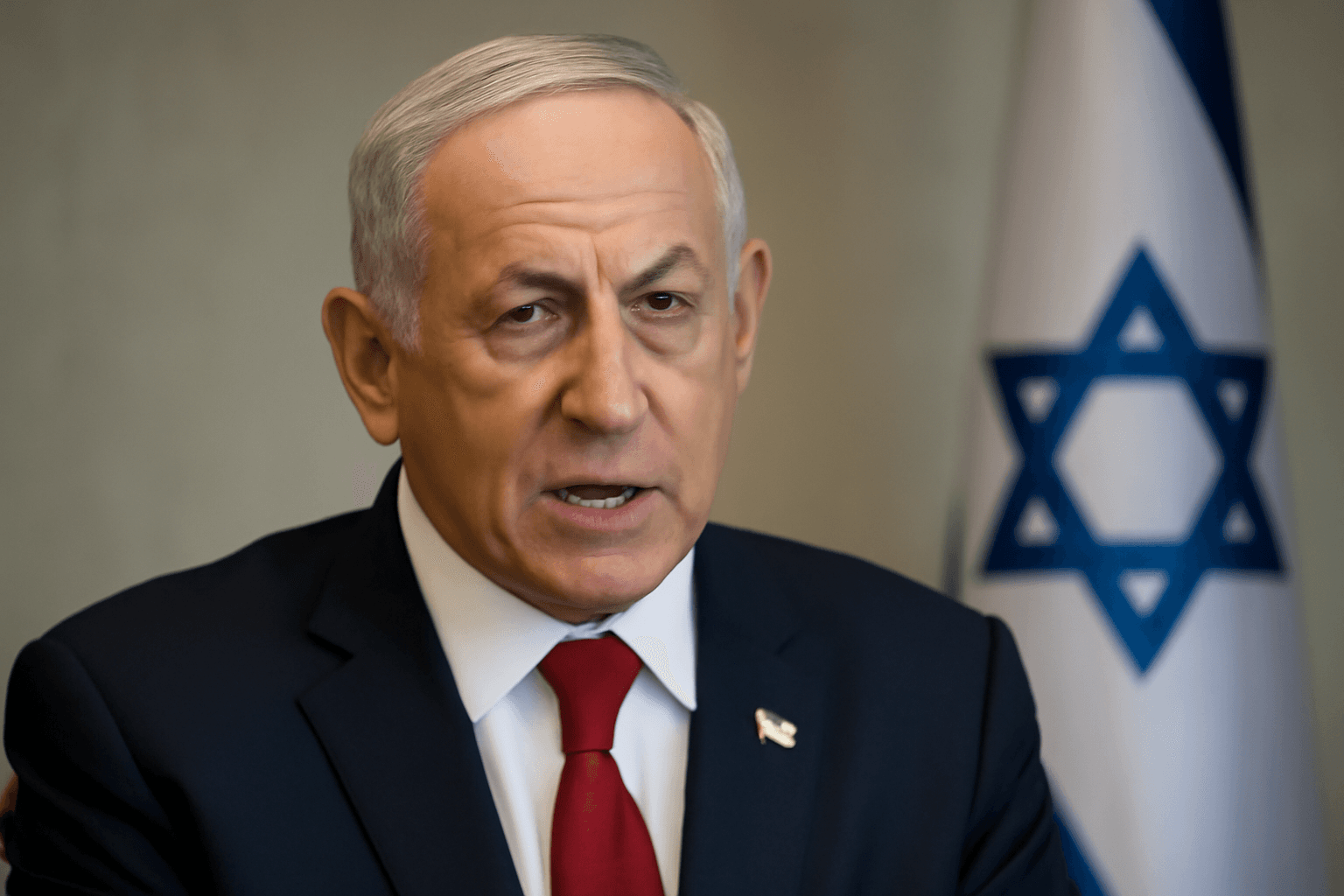Netanyahu Proposes Voluntary Exit for Palestinians Amid Gaza Conflict
In a rare statement amidst a highly charged military conflict, Israeli Prime Minister Benjamin Netanyahu announced plans to allow Palestinians in Gaza the option to leave the territory during Israel's impending offensive. Speaking to Israeli media outlet i24NEWS on August 13, 2025, Netanyahu emphasized that this would be a voluntary measure, aimed at enabling civilians to escape active combat zones rather than a forced displacement.
Context of the Announcement
Israel is preparing to expand its military campaign into areas of Gaza still under Hamas control, following the October 2023 Hamas attack that triggered widespread violence and displacement. The Gaza Strip, home to approximately 2.4 million Palestinians, has endured significant turmoil, with many already displaced internally or seeking refuge beyond its borders despite strict Israeli restrictions.
Voluntary Evacuation: A Complex Proposal
Netanyahu stated, "Give them the opportunity to leave, first of all, to leave combat zones and generally to leave the territory, if they want." He referenced prior conflicts in regions such as Syria, Ukraine, and Afghanistan, where civilians sought refuge away from active fighting.
This proposal, while couched as humanitarian, revives sensitive debates about the rights and future of Gaza’s population. Israel's historical control over Gaza’s borders has severely restricted movement, and calls to permit voluntary exit come amid concerns over humanitarian conditions within the enclave.
International and Palestinian Reactions
Previous suggestions about resettling Gazans outside their homeland have provoked widespread criticism. Many Palestinians and international observers view such ideas through the lens of the 1948 Nakba, when over 700,000 Palestinians were displaced during the establishment of the State of Israel. Such comparisons evoke profound memories and fears of permanent loss of homeland and identity.
Earlier in 2025, U.S. President’s remarks suggesting Gaza could be controlled by external powers and its population resettled in neighboring countries sparked significant backlash globally.
Future of Gaza: Security and Humanitarian Challenges
Within Netanyahu’s coalition, leaders have pushed for voluntary evacuation as part of a broader strategy to reduce civilian casualties during intensified military operations. Israel’s security cabinet recently approved plans to extend military actions in Gaza's remaining Hamas-controlled regions.
Experts caution, however, that even voluntary displacement in such conflict zones can have unintended consequences:
- Humanitarian Risks: Displaced populations often face precarious living conditions, limited access to basic services, and psychological trauma.
- Legal and Ethical Issues: The distinction between voluntary and forced displacement can blur in war settings, raising concerns about compliance with international humanitarian law.
- Geopolitical Implications: Movement of hundreds of thousands could impact neighboring countries and alter regional stability.
Expert Insight: Balancing Security With Human Rights
From a policy and legal standpoint, the proposal raises pressing questions about Israel’s obligations under international law to protect civilians in occupied territories. While operational security is paramount, experts argue that ensuring voluntary evacuation must be accompanied by guarantees of safe, dignified, and humane treatment of those choosing to leave.
Additionally, humanitarian agencies highlight the need for transparent coordination with international organizations to provide adequate support for displaced Gazans both inside and outside the territory.
Looking Ahead
As the conflict intensifies, the plight of Gaza’s civilian population remains at the heart of global concern. Netanyahu’s announcement reflects Israel’s acknowledgment of the complex human dimensions amid military imperatives, yet it also reopens wounds linked to contested histories and future uncertainties.

